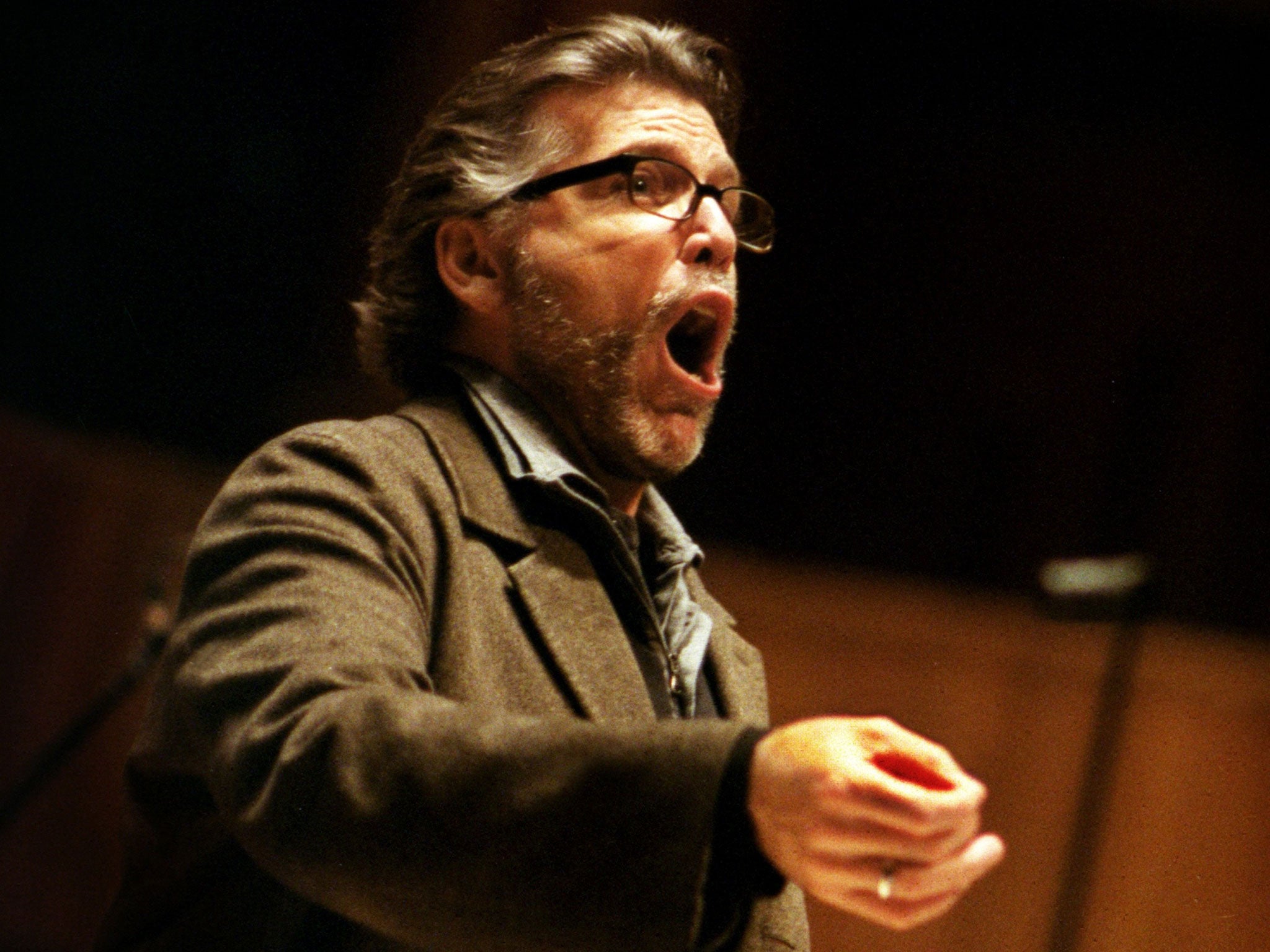Classical review: LPO/Jurowski - So begins a journey into monstrous modernity

Where does the history of 20th-century music begin? At the Paris premiere of The Rite of Spring or the Vienna premiere of Schoenberg's Chamber Symphony No 1? In the cobalt shimmer of Pelléas et Mélisande or the industrial shriek of Amériques?
Inspired by Alex Ross's best-selling book, the Southbank Centre's year-long festival The Rest is Noise opened with a programme of music by Strauss, a composer who pushed at the limits of modernity in his youth and retreated into Romanticism in his maturity, appalled by the violence of the society he had set out to shock. Like Ross, Vladimir Jurowski and the London Philharmonic Orchestra chose Salome as the centrepiece of their first chapter – a 1905 work whose Austrian premiere in the following year was attended by Mahler, Puccini, Schoenberg, Berg and, by his own unsubstantiated account, the then art student Adolf Hitler.
Fuelled by lust and self-disgust, sweat beading with each glistening note of the celesta and frenzied shudder of the xylophone, the feverish waltzes of The Dance of the Seven Veils and bloody kiss of Salome's final carnal monologue mark a violent rejection of 19th-century values. The contrast between the discipline of the LPO's playing, the severity and austerity of Jurowski's direction, and the utter disinhibition of Karita Mattila's singing was a vivid illustration of the fractures of 20th-century music: the stamping boots and swooning vamps of its most popular creations, the gross appetite of progress.
Her throat as open as a child having its tonsils examined, Mattila garbled her consonants, breathed midway through the word "küssen", wailed, screamed, roared and spat. She was, in the best sense, monstrous, a mother to Pierrot Lunaire and Lulu. But the most modern work in this programme was of a quite different, cooler temper: the 1899 Notturno for solo violin (Pieter Schoeman), voice (Thomas Hampson) and chamber orchestra.
Where Jurowski's slow-burning readings of Also sprach Zarathustra and the Four Early Songs Opus 33 revealed the intensity of Strauss's idolisation of Wagner (great hunks of the Ring cycle are reshaped in the primordial silt of the 1896 tone-poem), Notturno illustrated a clear shift in emphasis. Schoeman's exquisitely sustained tone and Hampson's sophisticated phrasing and immaculate diction propelled us into the era of Schoenberg and Berg, the buckling chromatics and pinched woodwind chording of a new century, the abstractions of Erwartung and alienation of Wozzeck. Strauss may have retreated after Elektra. Others would press on. At the Southbank, the journey has only just begun.
A few miles east along the Thames, Silent Opera's L'Orfeo (Trinitiy Buoy Wharf) comes laced with novelties. While the vocal lines are sung – and mixed – live, with continuo players placed on gantries above the performing areas, the orchestral ritornelli are pre-recorded and relayed to head-phones. Audience members, when not being stroked by thrift-shop-chic bacchante, are encouraged to enter a sealed musical world. Daisy Evans's immersive production is heavily influenced by the Punchdrunk aesthetic, most obviously in Anjali Mehra's push-me-pull-you choreography and the clustered ephemera of Katherine Heath's designs. It's intimate and hands-on, yet the aural effect is similar to that of a Raymond Gubbay extravaganza at the Royal Albert Hall. Musical director Christopher Bucknall has assembled an excellent ensemble of singers, from William Berger's suave Orfeo to Anna Dennis's charismatic La Musica/Proserpina and Emilie Renard's harrowed, dark-toned Messaggiera.
Sung sweetly by Caroline MacPhie, the role of Euridice is danced by Kirsty Mather, a fairytale princess adrift in a Doctor Who episode. Some of the ideas are startling – a seraphim-style echo in Act III, an occasional bleed of electronica over distorted fragments for strings or sackbuts – some need honing. Pretend sexy is still pretend sexy whether its done by a middle-aged opera chorus or a team of bright young things.
The Rest is Noise season lasts all year (0844 875 0073); 'L'Orfeo' to 10 Feb (boxoffice@silentopera.co.uk)
Critic's Choice
The Belcea Quartet play Beethoven Plus ... at Birmingham Town Hall, contrasting Haydn's Op 103 Quartet with quartets by his former pupil (tomorrow), and Shostakovich's Third Quartet with Beethoven's Op 127 (Tuesday). Also on Tuesday, Sir Simon Rattle directs the Orchestra of the Age of Enlightenment in By Jupiter, That's the Last of Mozart! at London's Royal Festival Hall, exploring Mozart's final three symphonies.
Join our commenting forum
Join thought-provoking conversations, follow other Independent readers and see their replies
Comments
Bookmark popover
Removed from bookmarks